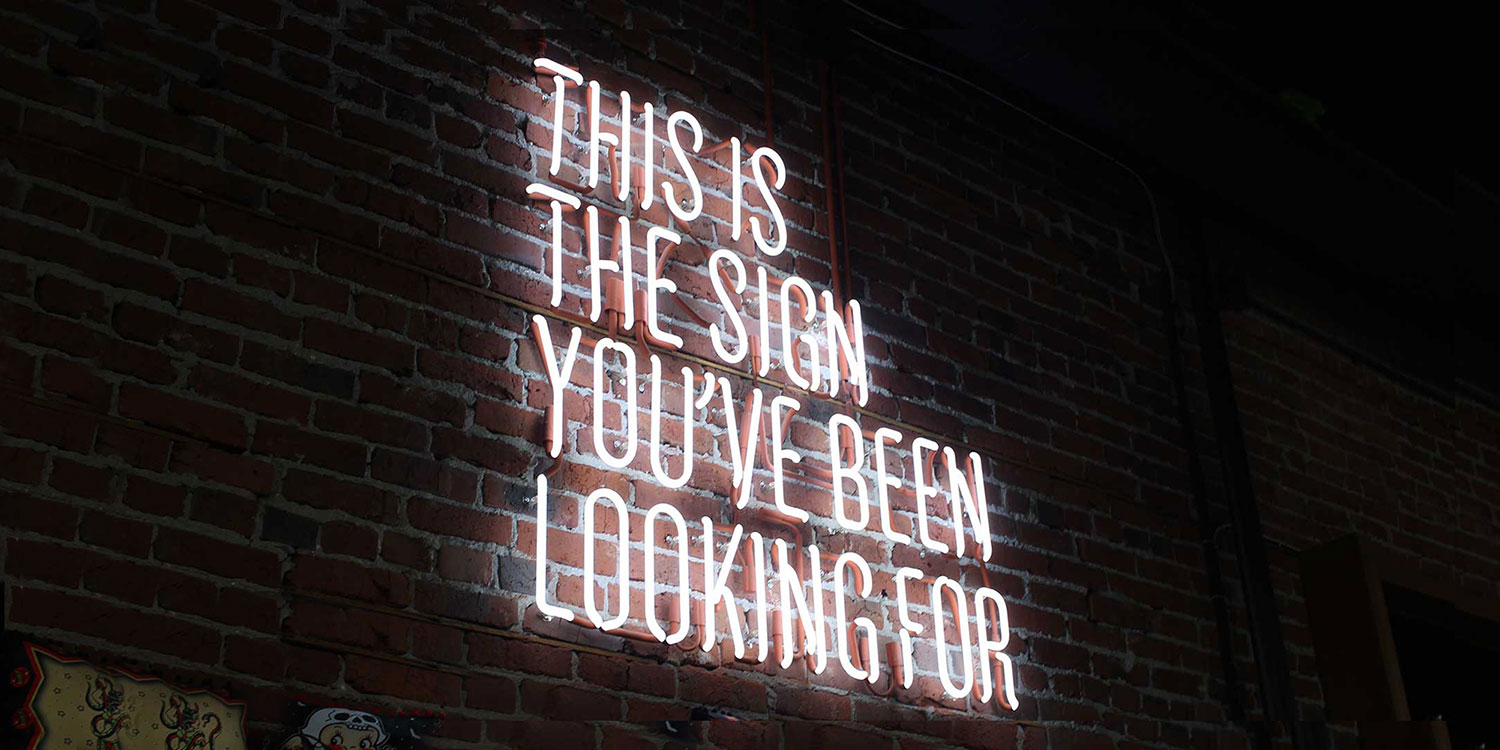“Getting Sober” is One Thing — Sustaining It For the Long Term is Another.
After one particular nasty benzo binge over spring break in Florida with my family, I distinctly remember stating something rather depressing to my wife.
“I don’t have any dreams anymore.”
Depressing? Definitely. Disturbing? You bet.
We had been discussing our plans for the future and she wanted to know what dreams and aspirations I had. Today I believe her goal was to get me thinking beyond the fetid swamp of doom I had placed myself in. What she couldn’t have understood at that time is that, without outside help with my drug addiction, there was no way I could begin to speculate about a future together, much less for myself.
Fortunately for me, I eventually found the help I desperately needed. I had placed myself in a dire enough situation that I was finally willing to admit I had a problem.
The first weeks, like many experiences during their inpatient treatment for drug and alcohol addiction, were fairly miserable. I couldn’t sleep, I hated listening to the other men in recovery relate their sob stories, and (above all) I despised the situation I had put myself in. With previous treatments, I simply wanted to know how to secretly use again without it destroying my life. That last time around—nearly nine years ago—I really wanted to get sober, but I just felt so miserable.
Time passed. The last week came at treatment. I began to feel better. And I could finally see a light at the end of a tunnel. With that light, came planning for the future. And planning sober.
“What I eventually found is that developing healthy dreams and aspirations was vital not only to getting sober, but also sustaining that sobriety.”
Thing was . . . I couldn’t see a way forward. I wanted to find my purpose and develop a meaning to my new life in recovery. I realize now how little I understood the importance of finding that meaning had been. I also am grateful that I finally found it. Without purpose & meaning, I don’t believe people dealing with substance use disorder can develop a healthy sense of living without a chemical crutch.
Here’s why.
Meaning. Purpose. Meh.
It’s easy within a culture of consumerism and self-improvement to fall into the trap of hedonism and material acquisition. Many find that, in the absence of finding their purpose and meaning, that they instead substitute the ambition to get the new car/job/house/ideal girlfriend (yes, men especially treat relationships as “acquisitions”) or whatever other novel possession or perceived level of power.
I know that’s where I was.
At first, I wanted all those good things. I wanted all those new and shiny things. Pretty soon though, all I wanted to do when I woke up in the morning was to get high or drunk and try to control the feelings of worthlessness or simple boredom I perceived.
That behavior of chasing the sustained high soon took over. The addictive, syrupy cocktail I daily guzzled—everything from booze to opiates—became the sole reason for getting up in the morning. And once the chase became everything, then the game was over. Meaning was lost. Purpose? Vaporized in a hazy cloud of artificial bliss.
“I don’t want to use, because I don’t want to lose the meaning and direction I’ve found. ”
Meaning? Purpose? Yeah!
Human beings require the continual pursuit and intentional cultivation to find meaning to their lives, and they need to discover and work hard to see purpose in their existence. It’s well documented that social adaptability and a fit, purpose-driven life is a major building block on the foundation upon which you build your daily existence.
There are many reasons why people abuse alcohol and drugs. For me, basically, I just wanted to get off. Like, all the time. Raw hedonism feels really fun in the moment. The problem, though, is that the sustainability of this attitude is dubious at best, and downright destructive at worst.
Soon, I was trapped. But a solution came in an unforeseen direction.
What I eventually found is that developing healthy dreams and aspirations was vital not only to getting sober, but also sustaining that sobriety. Above all, serving others through the work I do and the recreation I engage in with my family and friends, sets the integral groundwork for everything else.
The long and short of it is that getting sober is one thing, but sustaining a recovery for the long term is another. Purpose and meaning to my life gives me a new challenge to wake up to. I don’t want to use, because I don’t want to lose the meaning and direction I’ve found. What’s more, an effective, medically-consistent recovery takes both effort and empathy. Many outlets are at our disposal to learn how to live sober. It’s time we use them, and use them with a self-directed meaning and definitive purpose, as well as a dose of reality and a pinch of wisdom from experts who have been there.








